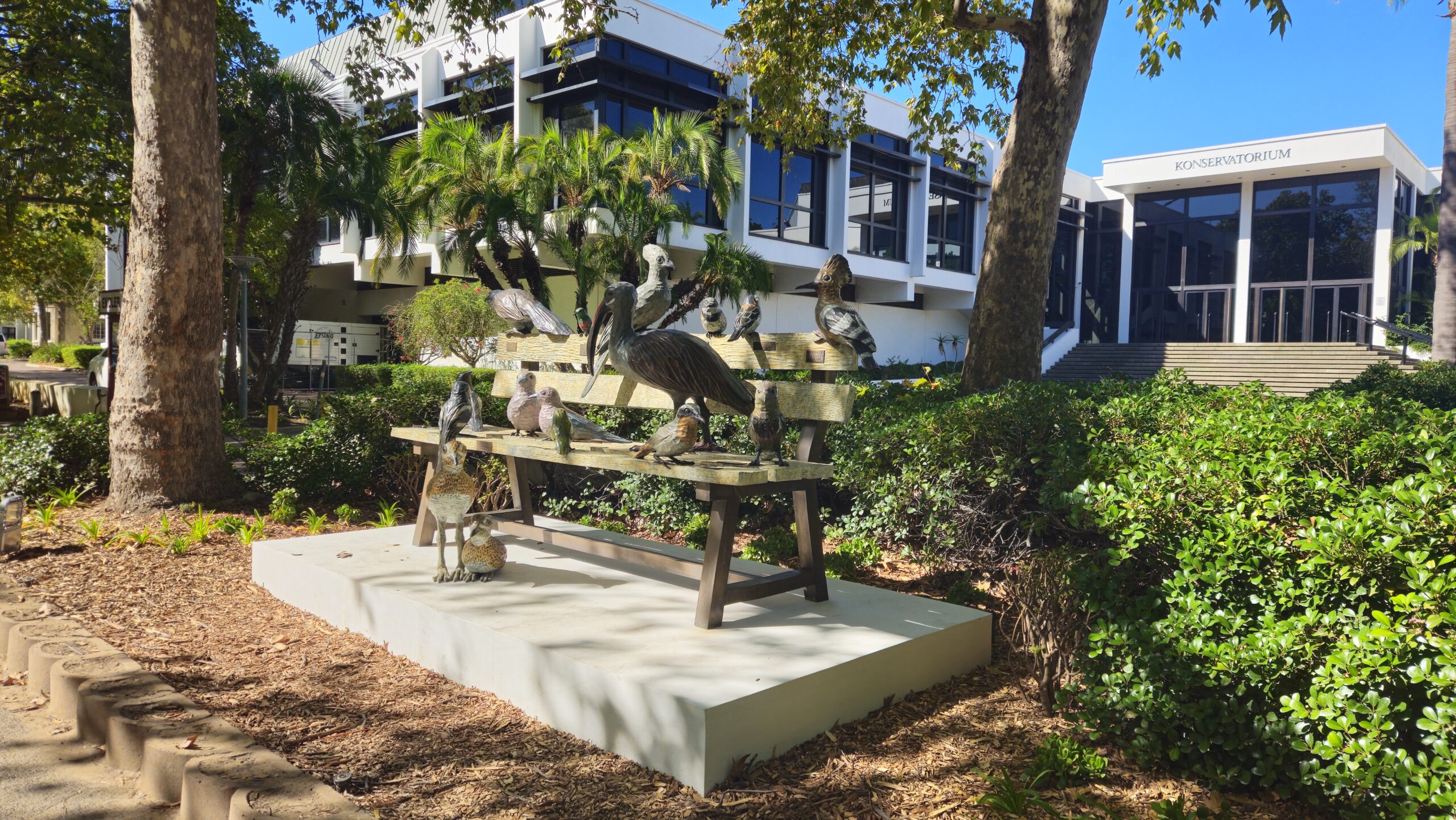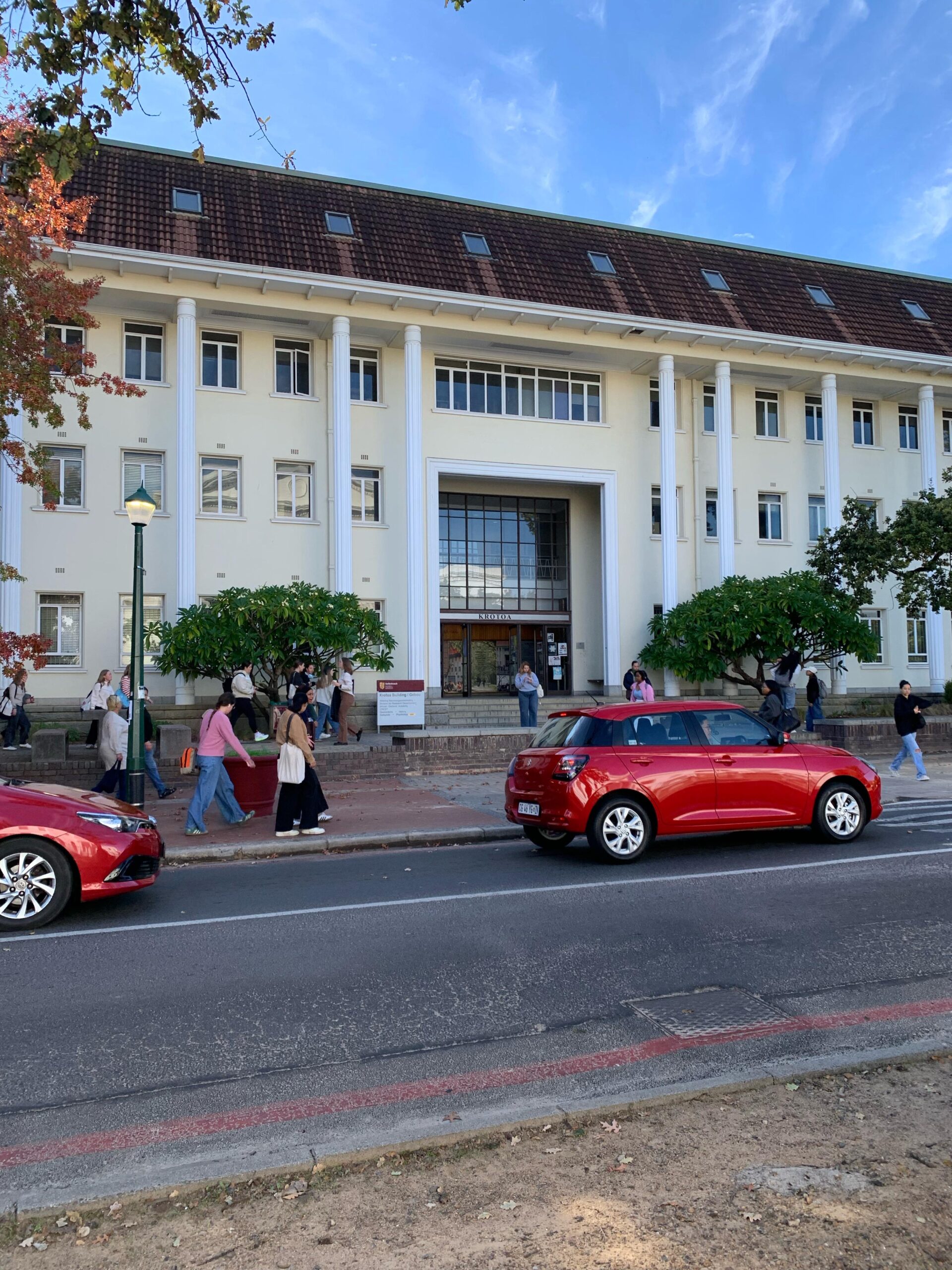Flavia Davids and Lesedi Mnisi
In line with Stellenbosch University (SU)’s revision policy, the SU Student Constitution was revised at the end of last year. The amendment of the Student Constitution—which, according to section 132(1), is to take place every three years—brought structural changes to the Student Representative Council (SRC) and Student Parliament.
The Student Constitution’s objective is enshrined in its preamble: to unite SU’s diverse student community by promoting constitutional values. It does so by regulating the activities of student bodies at SU, including the SRC, the Student Court and the Student Parliament.
The members of the SRC, led by chairperson Viwe Kobokana and vice-chairperson Philip Visagé, have gained additional responsibilities. For example, the vice-chairperson is now responsible for “the internal monitoring and evaluation”, “internal relations and discipline”, and the appointment, of SRC managers. This is according to section 28(2) of the Student Constitution.
The procedure for the removal of Student Court members has been amended by section 78(1) to (3) of the revised Student Constitution. Student Court members could previously be removed by the dean of the Faculty of Law if they failed to fulfil their responsibilities or contravened SU’s disciplinary code. According to last year’s revision, members can still be removed for the same reasons; however, the removal now takes place by way of an impeachment by the Student Imbizo. After this procedure, it has to be approved by the dean of the Faculty of Law, according to the revised constitution.
The Student Imbizo is also known as the House of Delegates and is constituted by representatives from the SRC, the Academic Affairs Council, the Prim Committee, the Tygerberg Student Parliament, the Tygerberg Student Council, the Students’ Assembly, the Societies Council and the Senior Prim Committee.
Claire Rankin, the chief justice of the Student Court, is of the opinion that “most students’ engagement with student leadership is rarely with the big three [SRC, Student Court and Student Parliament].”
Therefore, it is students’ involvement in, and with, leadership bodies closer to them (such as house committees and faculty councils), “which they regularly interact with”, that can increase their engagement with the Student Constitution, explained Rankin.
Rankin also believes that in order to give students access to knowledge and understanding of the Student Constitution, student leaders must be equipped with that knowledge. According to her, one of the ways in which the Student Court attempts to equip student leaders is by providing training to student structures that wish to amend their constitutions.
The amendments to the Student Constitution have also affected the structure of the Student Parliament. An independent bicameral Student Parliament, which is made up of the Students’ Assembly and the Student Imbizo, has come into existence because of an amendment to the structure of the Student Parliament. This differs from its previous structure, as the previous Student Constitution provided for an independent Student Parliament that would facilitate cooperation in student leadership, hold other leadership bodies such as the SRC accountable, and facilitate discussions about student issues.
“The major difference to be noted is that the Students’ Assembly deals with student leadership discussions and policy sectors of the Student Parliament, and the Student Imbizo deals with the investigation and accountability sectors thereof,” said Monwabisi Nhlanhla Vusumuzi Petersen, the chairperson and speaker of Student Parliament.
Petersen further added that the Student Assembly is also the body that decides on and acts upon the outcomes of Student Parliament matters and matters related to the Student Constitution.
The amendment of the Student Constitution has caused student representative bodies such as Student Parliament to undergo structural changes. Some students have found that the amendment of the Student Constitution has not had much of an impact on residence or private student organisations (PSO) leadership structures.
“I don’t think it has that much of an effect on us. The only way I can think that [the revision] would affect us would be if it changes drastically and we would have to readjust our constitution to align ourselves with it,” said Nirel Sithole, a final-year BA (Drama and Theatre Studies) student and HC member of Pieke PSO.
“I do think that its [the Student Constitution’s] changes should be a nudge towards progression. As the heartbeat of the university, the students have to be considered before anything else.”
Sithole’s understanding of a constitution is that it plays an important role in shaping the identity of a student community and creating cultures and traditions that can be sustained by that community. However, Sithole regards the Student Constitution as more of an umbrella concept for all values that every SU body must align with.



